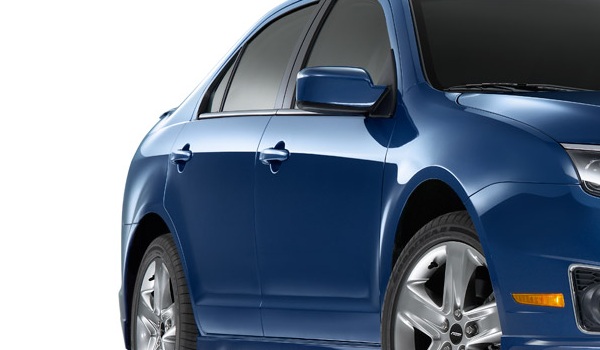PLUGGED FUEL FILTER
This would prevent fuel from flowing into your vehicle’s engine. The thing is, your fuel filter is supposed to prevent dirt and debris from getting into your car’s fuel delivery system. When this does not do its work, your car’s engine performance suffers.
BAD SPARK PLUG
A spark plug ignites compressed fuels such as gasoline, ethanol and liquefied petroleum gas through the production of an electric spark. If your spark plug is dad, it leads to car start failure.
FAULTY CRANK SENSOR
The crank sensor of your car is responsible for monitoring the position or rotational speed of your car’s crankshaft. You should check for a bad crank sensor if your car won’t start.
FAULTY ALTERNATOR
The alternator charges up your battery, and if it does not provide voltage your battery cannot hold the power sent to it. this would prevent it from sending any current to the engine. You need to replace your alternator immediately if it develops a fault.
ECM/PCM FAILURE
The ECM, or Engine Control Module, is the brain of the vehicle. It collects information from various sensors from the car and sends out signals to items such as fuel injectors and timing to keep the engine running at its best. The Power Control Module stops the engine RPMs from reaching critical levels. If any of these fails, it would result in car start failure.
TIMING BELT FAILURE
The timing belt controls the timings of your car engine’s valves. These belts must be replaced periodically at the manufacturer’s recommended distance and/or time periods. If you don’t do that, your car could break down completely.
BAD IGNITION COIL
This is an induction coil in the vehicle’s ignition system that converts the battery’s 12 volts to the thousands of volts required to cause a spark in your car’s sprk plugs. If your ignition coil is faulty, then your car won’t start.
ELECTRIC PUMP FAILURE
This is a fuel pump relay that takes over to run the fuel pump during the start cycle. After the engine is running, the relay turns off, and the current for the fuel pump is supplied through the oil pressure sending unit. If the relay fails, your car won’t start until the oil pressure is up to 3 or 4 PSI.
DEAD BATTERY
This is the most common reason for car start failure. When your car battery loses its charge, it loses electrical power. This means that it cannot supply electricity to start your car. You will need to charge or replace the battery in this case. If you have a multimeter, you can use it to check the voltage of your battery to determine its condition.
BAD STARTER MOTOR
This is responsible for turning the vehicle’s engine and forcing the pistons to move. If something goes wrong with the starter motor, it cannot turn the vehicle engine. Therefore, the combustion process cannot take place, and your car won’t start. With the above list, hopefully, you have a better idea of what could be wrong with your car. Perhaps you can even carry out some troubleshooting on your own before requiring a technician or engineer to look at it. For example, you can have a look at the battery and spark plugs on your own.
Don’t miss our reviews.Join our WhatsApp Group, to be notified of the most important articles and deals,Follow us on Instagram, Facebook, Twitter, and YouTube.
